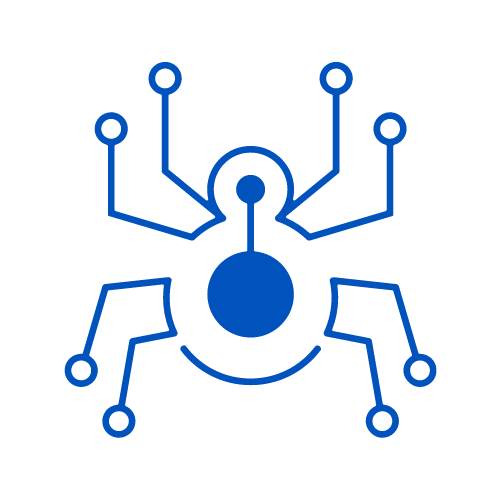Harnessing the Power of Cybersecurity GPTs and AI Tools in InfoSec

Introduction:
The rapidly evolving landscape of information security (InfoSec) demands innovative solutions, and Generative Pre-trained Transformers (GPTs) along with other AI tools are at the forefront of this revolution. Cybersecurity GPTs are specialized AI models designed to assist security professionals in various tasks. This article explores how these cutting-edge tools can be integrated into cybersecurity strategies to enhance efficiency and effectiveness.

gptWhat are Cybersecurity GPTs?
Cybersecurity GPTs are AI models trained on vast datasets of security-related information. They can understand, interpret, and generate human-like responses to a wide range of cybersecurity queries and tasks. These models leverage natural language processing (NLP) to provide insights, recommendations, and solutions in real-time.
Utilization of GPTs in InfoSec:
- Threat Intelligence Analysis:
GPTs can process and summarize large volumes of threat intelligence data, providing concise and actionable insights to security analysts. - Vulnerability Assessment:
AI tools can rapidly scan code and systems to identify potential vulnerabilities, reducing the time and resources required for manual assessments. - Incident Response:
In the event of a security breach, GPTs can assist in quickly drafting incident reports, response plans, and communication strategies. - Automating Routine Tasks:
GPTs can automate repetitive tasks such as log analysis, alert triaging, and updating security databases, freeing up time for more complex analysis. - Training and Awareness:
Cybersecurity GPTs can be used to create customized training content and simulations, enhancing the skills of InfoSec teams. - Forensic Analysis:
AI tools can assist in digital forensics by quickly analyzing large datasets and identifying patterns or anomalies indicative of malicious activity.
Integration with Existing Security Frameworks:
Implementing GPTs and AI tools requires careful integration with existing security frameworks. Organizations must ensure these tools align with their security policies, regulatory requirements, and operational workflows.
Ethical Considerations and Challenges:
While AI tools offer significant benefits, it’s essential to address ethical concerns, such as data privacy and the potential for AI-generated misinformation. Additionally, reliance on AI must be balanced with human oversight to ensure accuracy and accountability.
Conclusion:
The integration of GPTs and other AI tools in cybersecurity heralds a new era in InfoSec. These technologies offer unprecedented capabilities in threat detection, response, and predictive analytics, making them invaluable assets for security professionals. As the digital threat landscape continues to evolve, embracing AI-driven solutions will be key to staying ahead of cyber adversaries.

